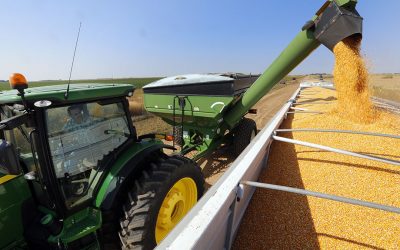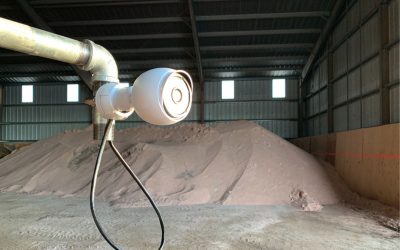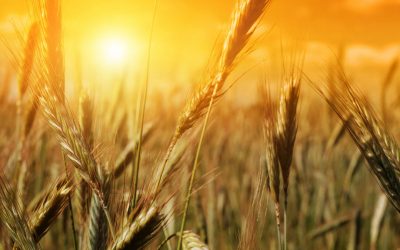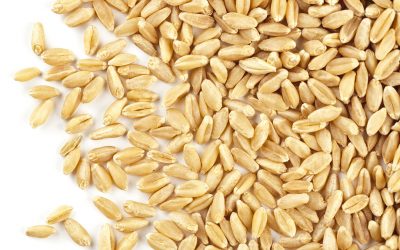CAP Health Check becomes more clear
The European Union has launched its next re-think of the Common Agriculture Policy, but Europe’s livestock industry is already looking—and finding—areas of concern.
Known as the “CAP Health Check ,” much of the main focus will be on further
simplifying how farm payments will be made under the Single Payment Scheme and
further decoupling in the livestock
sector.
Premiums
According to Frans van Dongen, international
director of the Dutch Product Boards
for Livestock, Meat and Eggs,
though there are no direct premiums for pigs or poultry, some indirect premiums
are still tied to land ownership for arable crops—for those producers who make
their own feed. During the Health Check, those premiums may be reduced or
eliminated, but most countries have already chosen to decouple those during the
first part of the CAP reform.
Arable crops
“One likely aspect to appear in the proposals is the
initiative to abolish set-aside for arable crops. Considering this past campaign
with such a tight demand supply situation on world markets, very high prices and
now new demand linked to the energy sector in biomass, it would seem sensible to
mobilise all EU agricultural land. It is anticipated this initiative would
result in 10 to 17 million tonnes of cereals made available on the market which
would also assist in increasing closing stocks,” said June Pearson, Head of
Policy for the Grain and Feed Trade Association (GAFTA
). This is good news for pork and poultry producers, says van Dongen,
because of recent increases in feed prices that is puting pressure on many
livestock producers this year, something which isn’t likely to ease in the short
term. “On cereals intervention, it is expected that the Commission will
gradually phase out the intervention system. Considering the last campaign with
short supplies, intervention has become obsolete,” she
said.
Biofuel impact
For the pigmeat and poultry industries, one of the
biggest knock-on effects from the Health Check will be from the new focus on
biofuels. The EU’s desire to boost biofuels use to 10% by 2020 would likely put
pressure on cereal producers to increase production, especially with the
elimination of set-aside likely to come out of the Health Check. “Focus has
moved away from the livestock sector as a main customer for cereals towards
energy markets and biofuels, emerging as a new competitor for the same resource.
We need to have a debate on how to maintain a balance. I always say food and
feed should come first as cereal supplies are strategic for the EU”, says
Alexander Doring, Secretary General of the European Association of Animal Feed
Compounders (FEFAC
).
Initial ideas from the European
Commission on how the CAP could be improved were launched Nov. 20 with
legislative proposals expected in May. Between now and the end of 2008, Brussels
will be alive with trying to find a compromise among all agriculture sectors
while working towards tightening the CAP after the 2003 reform.
Related news:
New EC proposals will affect agriculture
To recieve more animal feed news, subscribe
here











